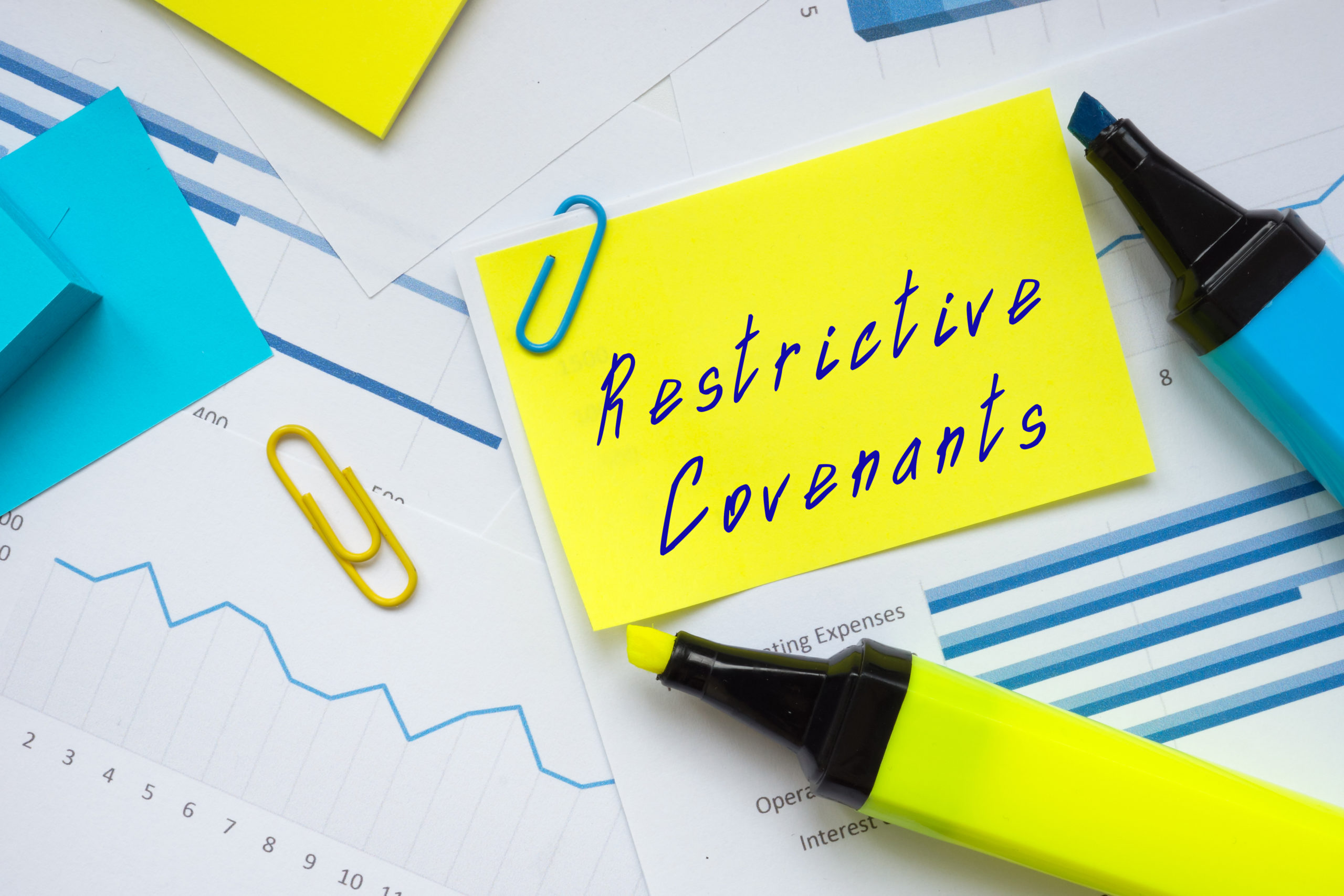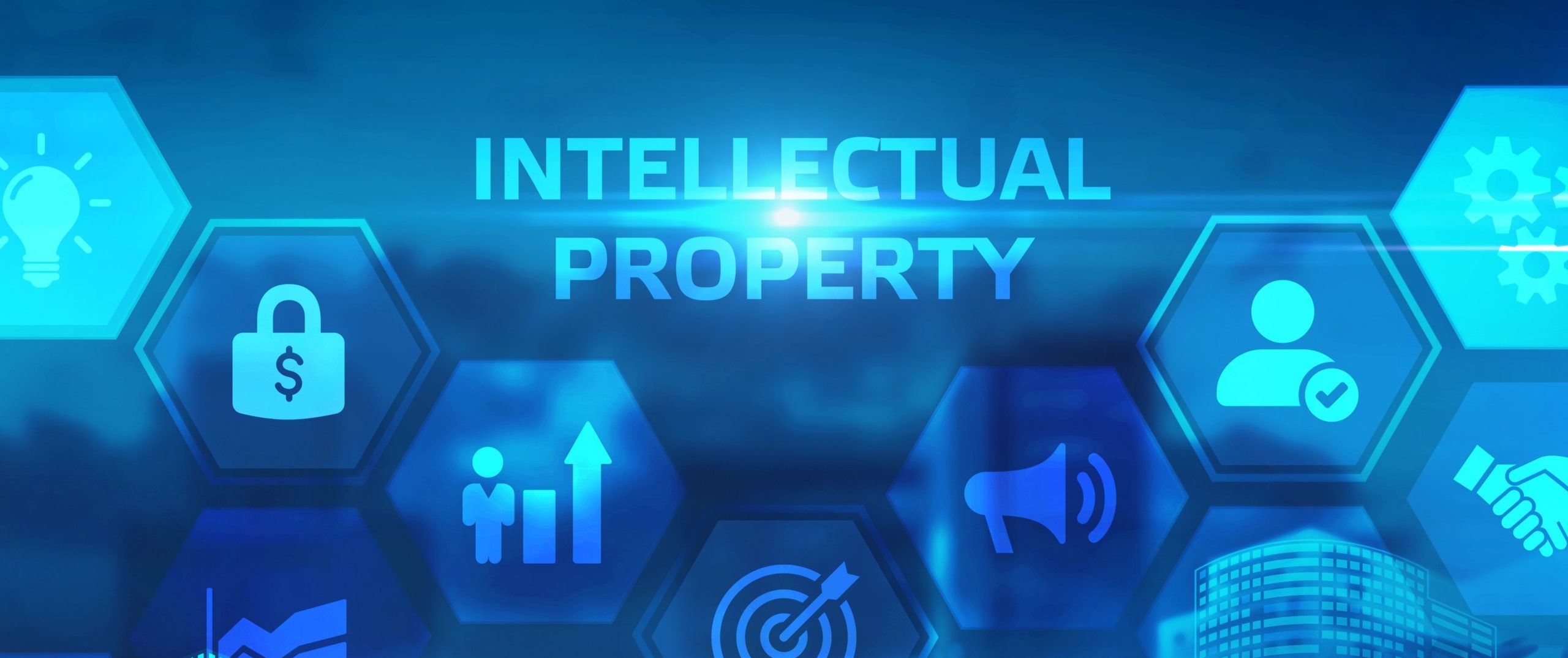Franchise Pitfalls and How to Avoid Them
My sister once told me how glad she was to have an older sister (me). I was blown away by the kind comment, but the curiosity won, and I asked her why that was. She answered: “because I can learn from your mistakes and avoid making my own”. That wasn’t the answer I was expecting but let’s take a leaf out of my sister’s book and see if we can learn from the mistakes of others. Here, Beyond Corporate Law’s Natalia Shvarts discusses the mistakes that are often made when franchising and how to avoid them.
Lesson No 1 – Trust your Gut
Have you ever had that sinking feeling in your stomach because whatever it was that you were just about to do felt “wrong” but you had no evidence to substantiate it and, in fact, the only evidence you had, was in favour of the decision you were about to make? In my experience, every franchisor who made the decision to recruit when their gut was telling them otherwise, ended up spending more effort, time and ultimately money on dealing with that individual before eventually parting ways.
As a Franchisor, in the early days you may feel under pressure to take on franchisees because of cashflow, in the later years it may be targets set by the Board or competition (to have 1 more franchisee than your closest competitor) but don’t make the mistake of taking on someone just because they have the cash or just because you need to get that one more person to meet your internal target. It’s not worth it in the long run.
Lesson No 2 – “Don’t worry about it”
If the franchise agreement doesn’t match what you have been told and the franchisor says “don’t worry, just sign it” – don’t! The franchise agreement is a legal document and will be the main document which will govern your relationship with the franchisor. If something is not in the agreement, you may not be able to rely on it or enforce it later.
Lesson No 3 – Scoring an Own Goal
As a Franchisor, your initial training courses are probably scheduled in advance and may be fixed – for good reasons. But what do you do if a prospect appears last minute, and you want to “squeeze” them onto the next course, but there isn’t enough time for them to review and sign the franchise agreement? Or maybe you have a prospect that you have been nurturing over months and they are set to attend the training course, but the franchise agreement has not yet been signed, what then?
The purpose of your initial training is to teach someone who has no idea about how to run your business, how to run your business. This is part of your know-how and contains your trade secrets and confidential information. A franchise agreement is a document which protects you and commits your prospect to using information in a specific way only. Until the franchise agreement is signed, neither party is committed and can walk away so help yourself and don’t give your business away!
Lesson No 4 – To sue or not to sue
It may sound odd coming from a lawyer, but litigation should always be the last resort. It is expensive, time consuming and the result can never be guaranteed. Whether you are tempted to “teach them a lesson” or “set an example”; before you instruct the lawyers, make sure that your own house is in order. When it comes to litigation, the best form of defense is attack so make sure that if you decide to sue someone you don’t end up on the receiving end of a claim! Hard to believe but this does happen – a franchisor who sued a franchisee for unpaid franchise fee, ended up having to defend its own position and not only lost but then had to pay damages to the franchisee!
Lesson No 5 – Use Experts
Whether you are a franchisee or a franchisor, starting to franchise is an important undertaking. As a franchisor, you will be investing significant amounts in establishing a framework and building your network. As a franchisee you are making an investment probably using your savings to fund that initial investment. Getting the right legal advice from the outset, is essential.
You wouldn’t buy a car without doing an HPI check, you wouldn’t buy a house without doing searches, so why buy a franchise without getting legal advice? Just as you wouldn’t want a dentist performing a heart operation, or a mathematics teacher giving you investment advice, the same way you should not get a franchise agreement off the internet or use a non-franchise lawyer for advice.
If you are investing in franchise, use an advisor experienced in the field!
By Natalia Shvarts















































































